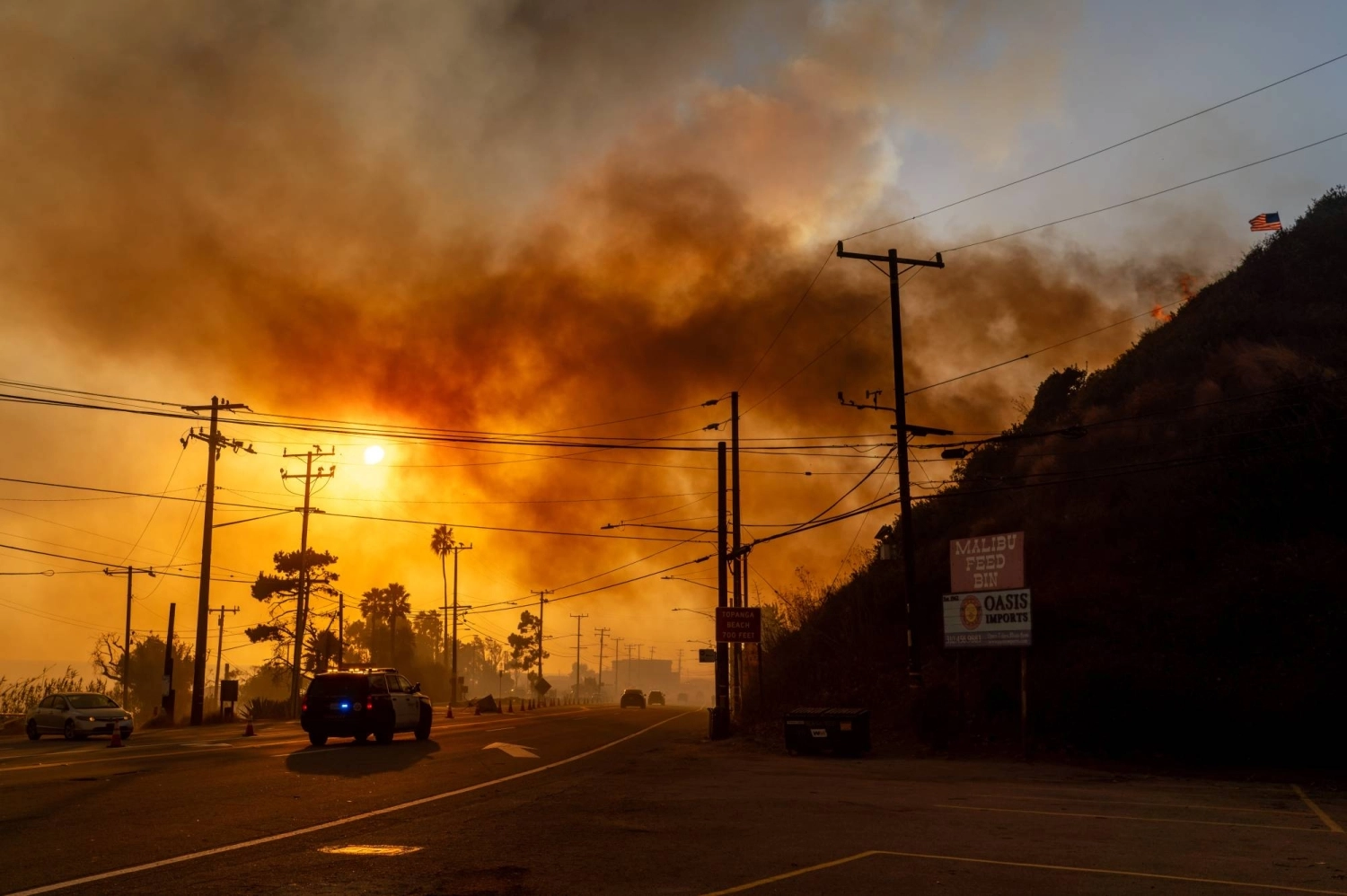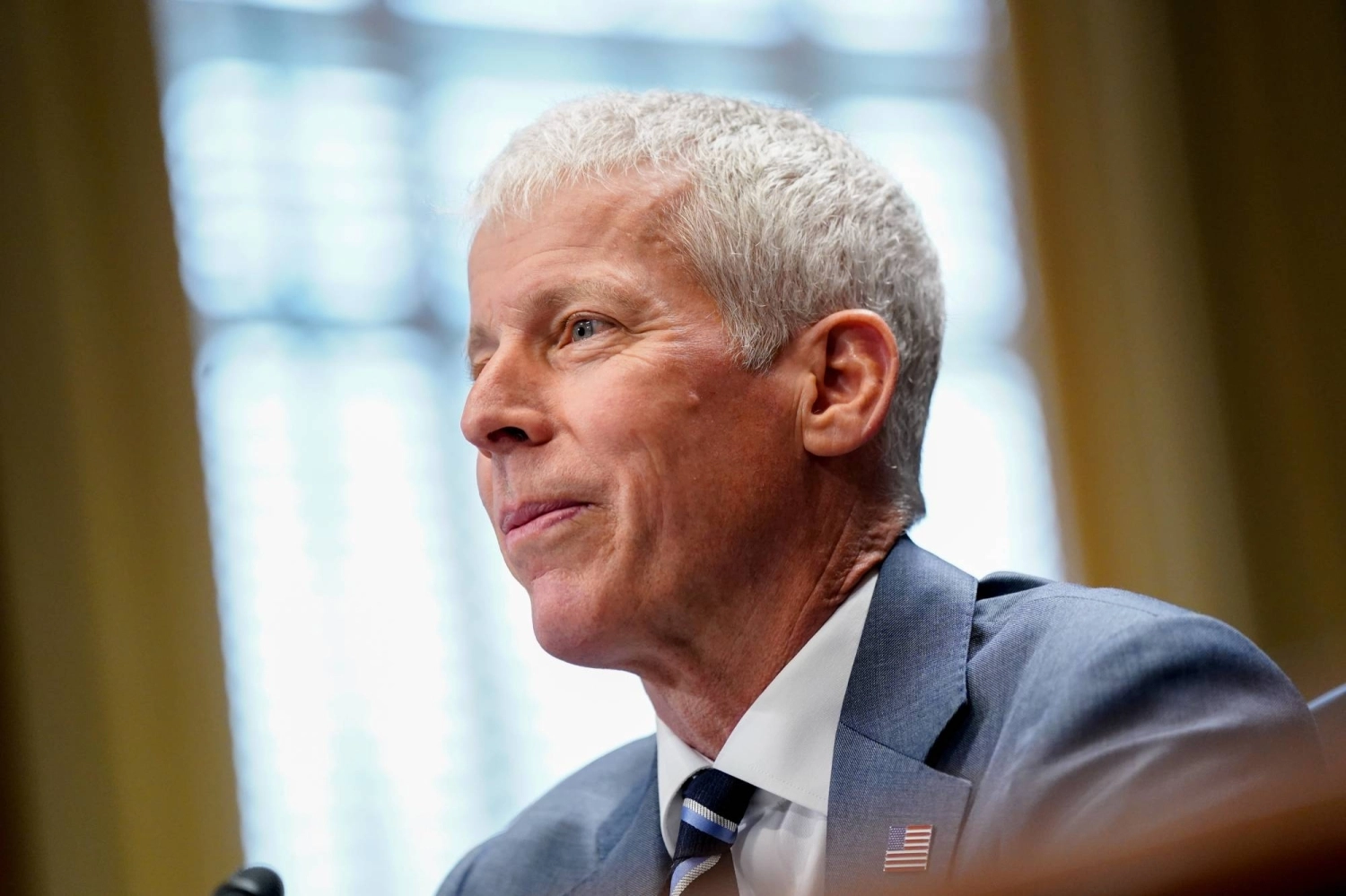A new report from the U.S. Department of Energy says projections of future global warming are exaggerated, while benefits from higher levels of carbon dioxide such as more productive farms are overlooked. It concludes, at odds with the scientific mainstream, that policies to reduce greenhouse gas emissions risk doing more harm than good.
Released Tuesday, the report is part of an effort by the Trump administration to try to end the U.S. government’s authority to regulate greenhouse gases. It’s the output of scientists known for contradicting the consensus embodied in volumes of research by the Intergovernmental Panel on Climate Change, whose work is approved by virtually every nation.
Publishing an alternate approach to the science of global warming on the same day that the Environmental Protection Agency said it plans to revoke the endangerment finding — a determination that greenhouse gases harm public health and welfare — marks a step up in the administration’s war on regulations. Since its adoption in 2009, the endangerment finding has become the bedrock of many U.S. environmental rules.
EPA Administrator Lee Zeldin said repealing the finding would "end $1 trillion or more in hidden taxes on American businesses and families.”
Climate experts say it will hobble the country’s efforts to rein in rising temperatures and lessen the impacts, such as more intense storms, droughts and wildfires. The federal government’s own research shows climate-fueled extreme weather is already causing $150 billion in losses a year in the U.S.
In its proposed rule to nix the finding, the EPA references the Energy Department’s report more than two dozen times. Energy Secretary Chris Wright wrote in the report’s foreword that he had commissioned it and selected the authors to form a working group.
The agency’s support for the contrarian research stands in contrast to the broad rollback of other climate work under U.S. President Donald Trump.
Since his inauguration in January, hundreds of scientists have been dismissed from agencies, including some who had focused on climate change. The EPA recently moved to shutter its main scientific research arm, which has been a crucial tool for policymaking.
The U.S. canceled a landmark climate change report, the sixth National Climate Assessment, and has taken down numerous webpages on climate science. Some of those were related to previous National Climate Assessments — studies that hundreds of researchers spent years painstakingly compiling.
The new report’s authors include Steven Koonin, a fellow at Stanford’s Hoover Institution who wrote a 2021 booking arguing that climate science is "unsettled;” Roy Spencer, a University of Alabama in Huntsville scientist and senior fellow at the climate-denying group Cornwall Alliance; and Judith Curry, a climatologist formerly of Georgia Tech who testified to a Senate committee in 2023 that climate change has been mischaracterized as a crisis.
An Energy Department spokesperson said the report’s authors "represent diverse viewpoints and political backgrounds and are all well-respected and highly credentialed individuals.” The spokesperson added that the report "was reviewed internally by a group of DOE scientific researchers and policy experts from the Office of Science and National Labs,” and that there will be a 30-day comment period for the public to weigh in.
A group of researchers is putting together a response to the report, according to Texas A&M scientist Andrew Dessler, who announced the effort on the social media site Bluesky on Thursday. The response will call out data omissions and misrepresentations, he said.
Ann Carlson, an environmental law professor at the University of California at Los Angeles, said the report presents a series of arguments the administration can draw on to contend "public health and welfare is not endangered by emissions that come from the auto sector, from the trucking sector, from the electricity sector.”
Rather than denying climate change is occurring, Carlson said, "What they’re trying to say instead is, ‘Well, it’s not so bad. It’s really expensive to mitigate. And that expense actually harms people more than anything we could do” to slow it down. That’s in keeping with past comments by members of Trump’s cabinet that have downplayed global warming or public concern about it. Carlson said the report is "a wholesale assault” on climate science and previous policy.
Zeke Hausfather, the climate lead at Stripe Inc. and a research scientist at nonprofit Berkeley Earth, has contributed to major U.S. and international climate reports. He described the Energy Department publication as "scattershot” and said it "would not pass muster in any traditional scientific peer review process.”
That the administration released it after taking down webpages hosting "the actual, congressionally mandated National Climate Assessments,” he said, is "a farce.”
The report is a "package of punches” against the scientific consensus that previously grounded U.S. climate policy, and against that policy itself, said Jennifer Jacquet, a professor of environmental science and policy at the University of Miami. "It’s really surreal to think that’s where we are in 2025.”
The EPA will have to go through the lengthy federal rulemaking process to try to abolish the endangerment finding. If the proposed rule is finalized, legal challenges are inevitable. The issue could end up before the Supreme Court, which ruled in 2007’s Massachusetts v. EPA that greenhouse gases were pollutants the EPA could regulate under the Clean Air Act.
Getting the court, which now has a conservative supermajority, to overturn the 2007 decision may be the endgame, said Carlson. The effort would be risky but could succeed, she said.
"I think on every front, the arguments that the [EPA] administrator is going to make — based on the DOE report — are extremely weak,” said Carlson. "But we also have a court that’s very hostile to environmental regulation.”
























With your current subscription plan you can comment on stories. However, before writing your first comment, please create a display name in the Profile section of your subscriber account page.